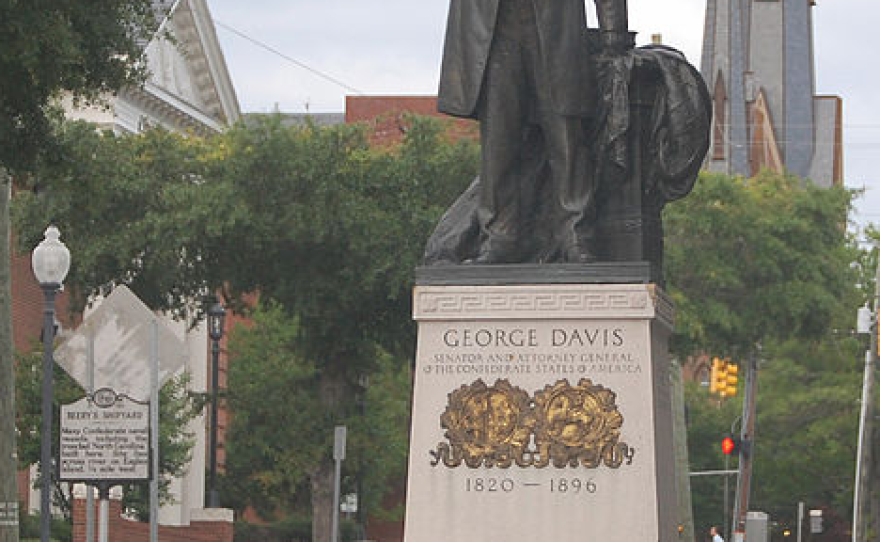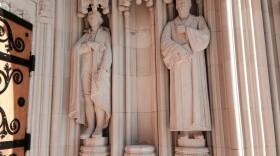Confederate monuments have become flash points for a national debate about free speech, race and memory. Statues have been removed in more than a dozen states including Texas, Louisiana, Maryland, Florida and New York.
Some were taken down in the middle of the night by city officials fearing for public safety. One statue in Durham was toppled by protesters, while others around the state have been vandalized.
North Carolina’s state legislature enacted a law in 2015 that prevents removing, relocating, or altering monuments and plaques on public property without explicit permission from the North Carolina Historical Commission. Yet historians in North Carolina say these monuments were erected as a way to reinforce white power, not remember the truth about our nation’s military heroes.
Host Frank Stasio talks with Leoneda Inge, ąĎÉńapp’s race and southern culture reporter, and Triad City Beat Senior Editor Jordan Green about recent clashes over Confederate monuments in North Carolina and the growing emboldenment of white supremacists.
He also talks to W. Fitzhugh Brundage, department chair of history at the University of North Carolina Chapel Hill, Monica Gisolfi, professor of history and the American South at the University of North Carolina Wilmington, and Darin Waters, professor of history at the University of North Carolina Asheville, about the fight over what we remember, what we memorialize and who should get to decide.











